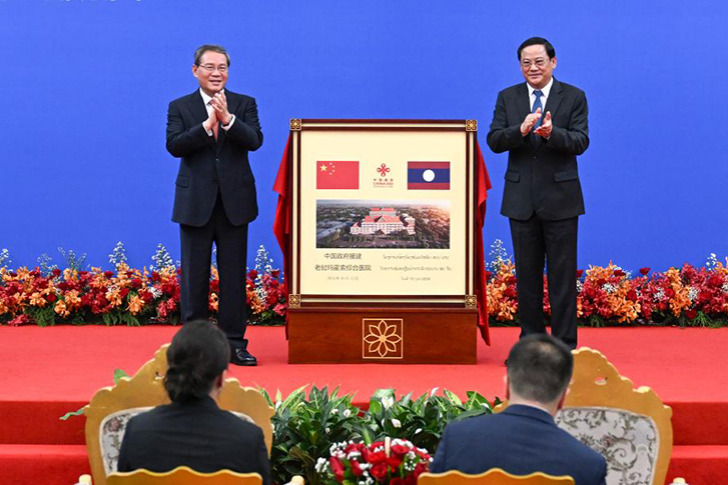Chinese currency moves closer to fuller usage, internationalization


The renminbi has further emerged as an international currency, with widespread usage of the currency seen in cross-border trade settlements, yet the process still faces prominent challenges of trading partners' reluctance to accept the Chinese currency and policy complexity, a think tank said in a report.
The report, released by the International Monetary Institute at Renmin University of China on Monday, surveyed 1,657 Chinese and foreign companies and found that more than 70 percent of polled respondents have used the renminbi in trade settlements.
Nearly 60 percent of them have made renminbi foreign exchange transactions, said the report, titled "RMB Quarterly", which was co-produced by Bank of Communications.
"The widespread usage of the renminbi in cross-border transactions has indicated fruits of the internationalization of the renminbi from a micro perspective," the report said.
It added that usage scenarios of the Chinese currency are expanding as about 19.18 percent of polled enterprises have used the renminbi in trade financing while 16.98 percent have engaged in cross-border renminbi cash management.
Data from global financial messaging platform Swift also showed on Thursday that the renminbi has been the world's fourth-biggest payment currency for the sixth month in a row as of April, accounting for 4.52 percent of global payments by value, compared with 4.69 percent in March.
However, the report said that as many as 63.84 percent of polled enterprises believe that the main obstacle to cross-border renminbi settlement is the complexity of policy arrangements. A total of 46.97 percent referred to the reluctance of their counterparties to use the renminbi as the main risk or difficulty.
The report has made suggestions that policies regarding cross-border renminbi usage should be simplified and that financial market opening-up should be further deepened.
Qu Fengjie, a senior research fellow at the Institute for International Economics, which is part of the National Development and Reform Commission, said during the report release that the country should rise to the emerging challenges facing the internationalization of the renminbi, also known as the yuan.
Existing challenges include trade and economic friction between China and the United States and potential pressures facing the rapid export growth of the "new three" products — new energy vehicles, photovoltaic products and lithium batteries.
Further promoting institutional opening-up and deepening structural reform to develop a more open economy remain crucial to elevate the international position of the renminbi, Qu said.
Cui Ying, a senior economist at the Research Institute of the People's Bank of China, the country's central bank, emphasized the need to respect the role of market forces and adopt a problem-solving approach to promoting the yuan's internationalization.
Cui said key policy focus has been placed on optimizing cross-border renminbi policies to facilitate trade and investment, expanding financial opening-up, developing offshore renminbi markets, promoting relevant financial infrastructure and strengthening international cooperation with overseas central banks and monetary authorities.
Amid the PBOC's latest effort to strengthen cooperation with other central banks, it signed a memorandum of understanding on promoting bilateral transactions in local currencies with the Bank of Thailand on May 21.
E Zhihuan, vice-president of the Bank of China Research Institute, highlighted the importance of boosting the internationalization of the renminbi in a steady, prudent and solid fashion.
"That means continuously promoting the internationalization of the renminbi on the basis of firmly holding the bottom line of no (systemic) financial risks while integrating the course with the development of the real economy, with a focus on facilitating and promoting the use of renminbi by enterprises in cross-border activities," she said.
Noticing enterprises' rising demand for renminbi usage, she added that some financial institutions still fall short in offering relevant products, and there is room for improvement in identifying and meeting those needs.
Contact the writers at [email protected]




































